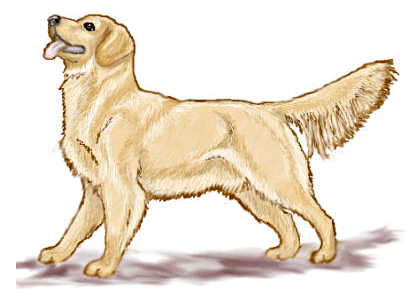In the upcoming fabulous February issue of
Electric Spec we're excited to feature the fantasy "The Strongest Man in the Village" by Lucy Stone. She gives us some thoughts on writing...
Writing is very difficult, and I probably shouldn't be doing it. I have a job and a three-year-old. They're both very demanding, but have their lovely moments. The three-year-old has more lovely moments than the job, but he also has more excruciating moments than the job, so it kind of evens out.
I can't give up the job, because it pays my mortgage, and I can't give up the three-year-old, because he’s my little guy and I love him to the stars and back (which is a longer trip than to the moon). Writing would seem to be the expendable thing. Except it isn’t.
I used to write when my son was sleeping, but he doesn't nap in the daytime anymore, so I write in the evenings and on into the night, even when I know I have to get up early for work the next day, because I don’t love my job--or even my health--the way I love this.
So what is it? Why do I find it so easy to write about the negatives of writing, but not the positives?
I think it’s because the positives are as fundamental as breathing, so I don’t think about them much. My favourite is probably spending time with my characters in my head--listening to their various gripes and jokes and morose predictions--which I realize is something I did before I knew how to write, and still do now in the long moments when I don’t have a pen in my hand.
But there's also:
1) Day-tripping in other perspectives and other worlds, which you can wrap around you like a shawl when it’s cold and horrible outside.
2) Building up worlds in which you have the intoxicating power of control, and then realizing that you don’t.
3) Thinking, when you manage to pin down the slimmest, clumsiest shadow of a thought, that somebody else might recognize it, and say "Yes, that’s it--I’ve thought that too!"
4) Challenging yourself to think: what would this feel like? What would this look like? as though every scene is an intricate puzzle with no right or wrong answer.
5) Telling stories to please yourself, when the books you buy seem to miss the mark.
6) Re-writing other people’s stories the way you think they should have gone.
It's all the fun of reading, with the added bonus that you can congratulate yourself on having come up with it all.
That's probably where I should stop, because that’s the contradiction about writing I can never quite resolve: it’s losing yourself while at the same time pandering to yourself. Some people call it escapism, but everything about it is inescapably you.
That's quite a nice break for a mother, of course, because when you’re looking after a little one, you’re expected to be a Mother and not a person. I've written for most of my life, but never so feverishly as in the months after my son was born.
Anyway. I'll keep at it. I used to think I was doing it for the praise, but that has tailed off, and I’m still scribbling, so I guess I am doing it for love.
Interesting, Lucy! Thanks!
Check out all the stories on February 28, 2019!






